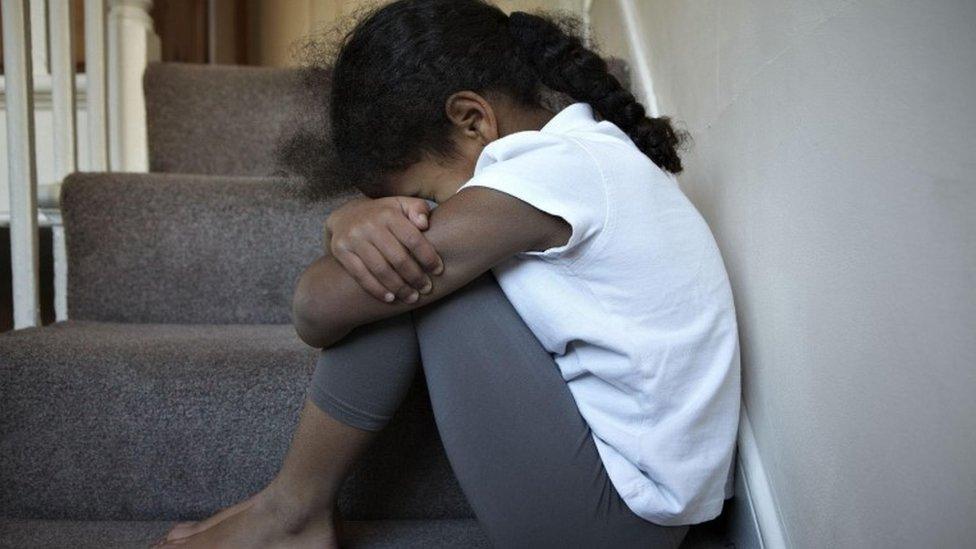Rise in children calling helplines about suicide
- Published
Gabrielle Joseph's mother says she "aches every day" for her
There has been a significant increase in the number of children and young people calling charity helplines about suicidal thoughts and feelings.
Childline Cymru said it had received 20% more calls relating to suicide over the past year.
And MEIC said its number of calls had nearly doubled compared with last year.
Julie Joseph, whose 16-year-old daughter Gabrielle took her own life, said she was not surprised more young people were calling for help.
In her first interview since the death of her daughter in 2011, Mrs Joseph, from Briton Ferry, told the Newyddion 9 programme: "I think social media plays a huge part in vulnerability of people and cyber bullying so I'm not surprised at all."
The helplines are also worried that the nature of calls they get are more serious, with children as young as 10 getting in touch.
Mrs Joseph said of Gabrielle: "We had no idea that there was anything at all wrong. When we had the news, it just froze the whole family - completely, total shock.
"We would never have expected anything like this to happen to Gabrielle. She would have been the last person that we would have expected to do something like this."
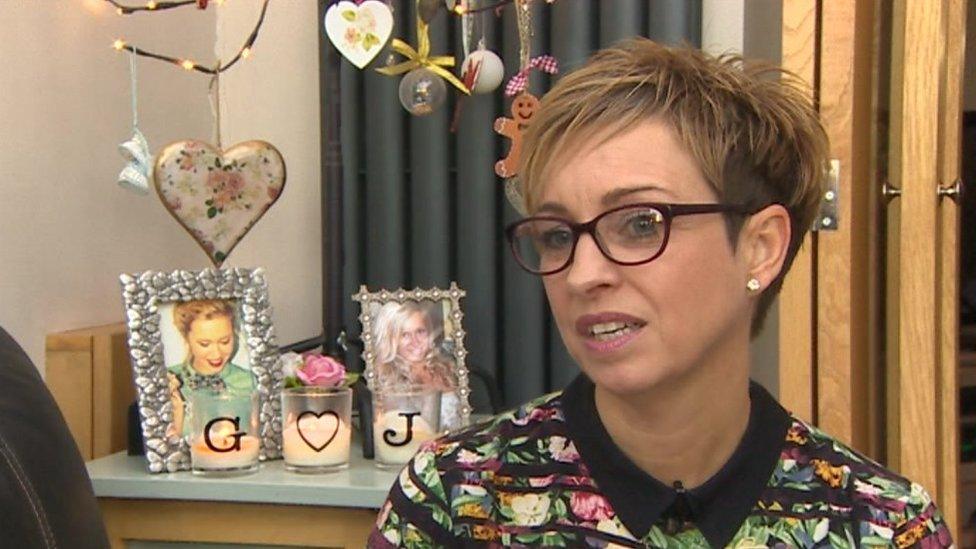
Julie Joseph said parents should be more direct with their children
She called for parents to be more direct with their children and said "asking if they are suicidal doesn't plant the seed".
"You need to ask them directly rather than 'oh, come on, you're ok'. That isn't the way, it needs to be more direct."
A spokesman for MEIC, a helpline for children and young people up to age 25, said the number of calls it received about suicide had nearly doubled to 105 calls between April and September this year, compared with 56 in in the same period in 2016.
And Lisa Vranch, from Childline Cymru, said they were taking 60 calls a month from children who wanted to discuss suicide.
They had 769 such calls during 2016/17 - an increase of 20% on the previous year.
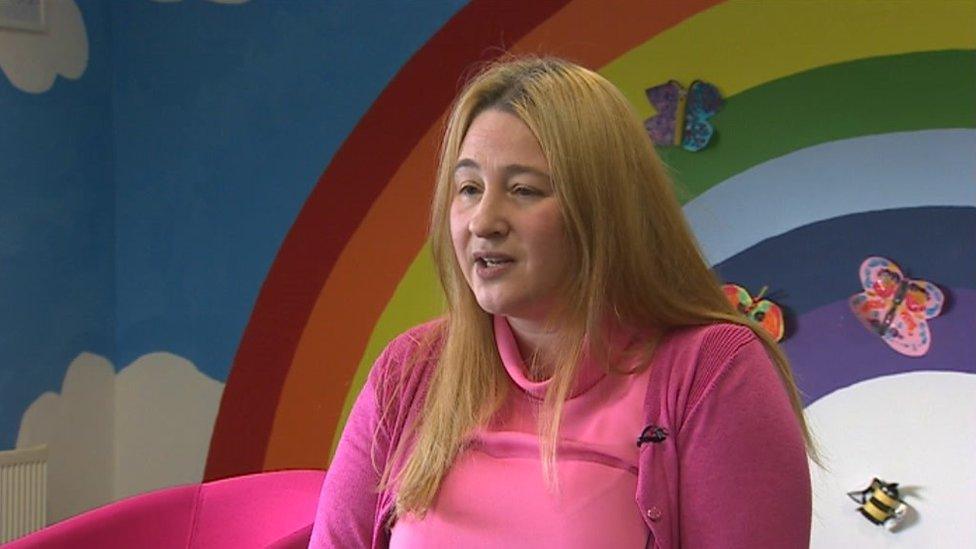
Lisa Vranch said she received calls about suicide on every shift
Ms Vranch said: "I think the main thing we've seen is the escalation of that risk towards suicide where we have more young people coming through with suicidal feelings.
"Before, we had children coming through and talked about feeling low or depressed. Now that has escalated, they will come straight in and talk about feeling suicidal, the thoughts around that and then possibly that they might have a plan.
"Every shift that I come on, there will be suicidal contacts. We try and manage those situations and it's about de-escalating those intense emotions.
"If people are calling us in the evenings, emotions can be heightened, especially when children use technology in their own bedroom. They can be very isolated.
"It's about helping them calm down and maybe giving them some exercises and talk those feelings down."
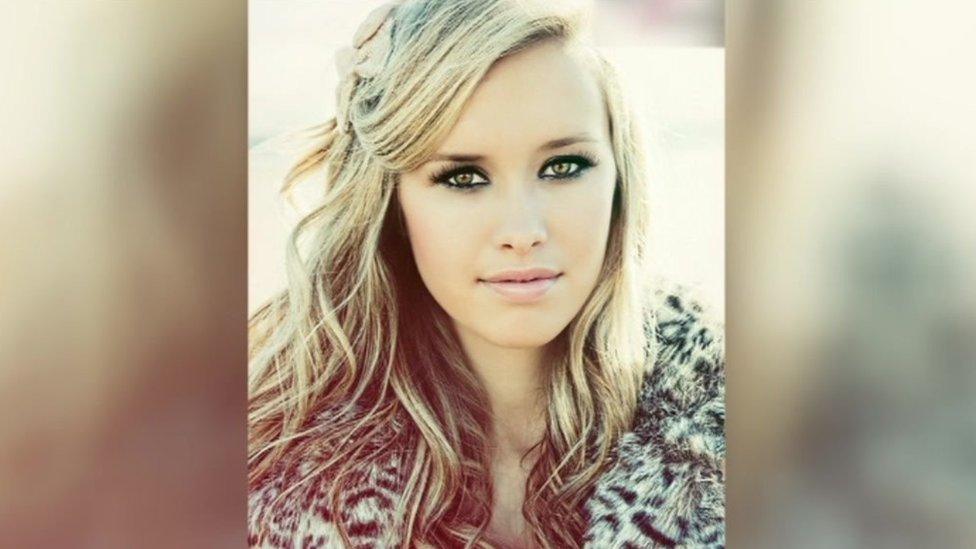
Gabrielle Joseph took her own life aged 16
Mrs Joseph said she became worried when Gabrielle's friends contacted her to say they had seen a message from her on Facebook.
"I went upstairs while I was on my phone, and she wasn't there. She had mentioned she might go for a walk with another friend," she said.
"Now, looking back, she (her friend) was very worried and I didn't know why. Then I had three phone calls from other friends really concerned, where was she and could they speak to her.
"I was then alerted that there had been a message posted on Facebook. The message was basically a goodbye message.
"There were never any signs of any depression. She was always very happy. Her friends would say that as well.
"She would never give any indication to anyone that she was feeling down or depressed. I don't know how this was even in her head. Whether she had problems that she just kept in, she must have but nobody knew."
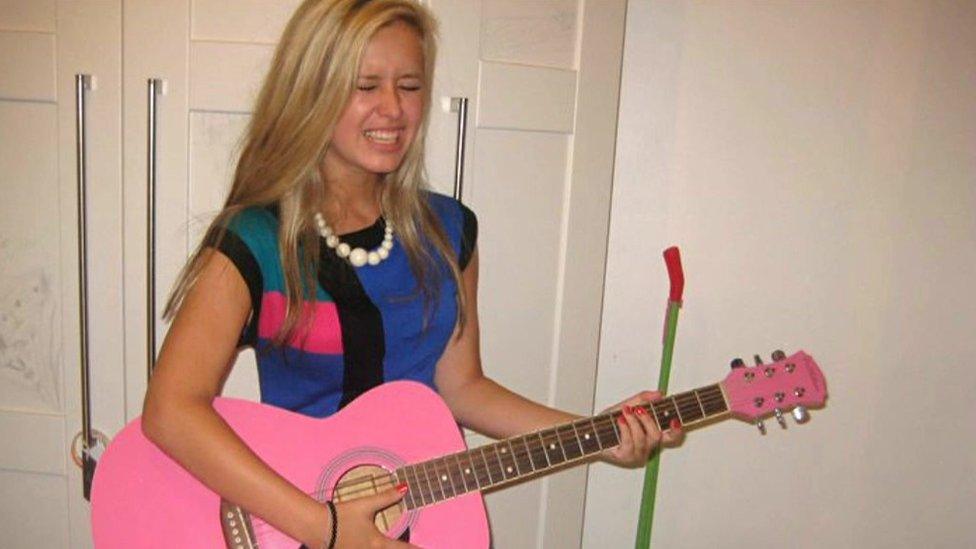
Gabrielle Joseph left a goodbye message on Facebook, her mother said
Gabrielle's family set up a charity in her name to help other children and young people.
Amy Holloway, who was diagnosed with anorexia, depression and anxiety aged 15, said she was very grateful for the help she had from the Friends of Gabby Joseph fund.
She said: "It helped me because I got sent to a private counsellor and, because of her, she gave me a lot more tasks to do.
"Through those tasks, I got to understand my feelings a lot more. I'm very grateful, it helped me a lot. I feel if I didn't have it, I wouldn't have improved. I don't think I would have been able to go to university."
Because of the volume of calls, Childline Cymru is appealing for more volunteers as they can only reach three out of four children who contact them.
Talk to Me 2 is the Welsh Government's strategy and action plan, trying to prevent suicide and self-harm in Wales.
'Tackling stigma'
Prof Ann John, national lead for suicide prevention at Public Health Wales, said it was aware third sector services were reporting an increase in calls about suicidal thoughts and self-harm from children and young people.
But she added: "We don't know if this is because people are talking about these issues more than ever before and seeking help or if there is a real underlying change.
"A lot of work has gone into tackling the stigma associated with these issues, and to raise awareness that people should speak to someone or seek help if they are thinking about suicide or self-harm.
"If children and young people feel they can have a conversation about it in a calm and non-judgmental way, we can all (teachers, parents, carers, other professionals) help them find the support they need."
She said many different factors interacted in complex ways to bring an individual child or young person to the place where they are distressed enough to be self-harming or thinking about suicide.
"No single organisation can act alone to reduce it," she said. "Public Health Wales is working in partnership with the Welsh Government, teachers, social services and charities like the Samaritans to prevent suicide.
"We have issued guidance to Welsh Regional Fora which include local authorities and health boards to help them develop local suicide and self-harm prevention plans, with children and young people identified as a priority group.
"We are also working with schools, including running Welsh Government-funded trials to place mental health workers in schools where many children and young people can easily access them.
"Next year we will be producing resources for teachers, parents and carers about what they can do if their child is having concerns about suicide, and what help is available. We will also be publishing new research looking at this next year."
If you are feeling emotionally distressed and would like details of organisations which offer advice and support, click here or you can call for free, at any time to hear recorded information on 0800 066 066.
- Published27 April 2011
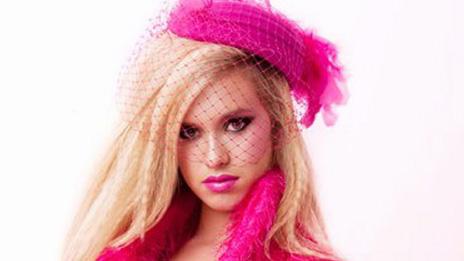
- Published18 December 2017
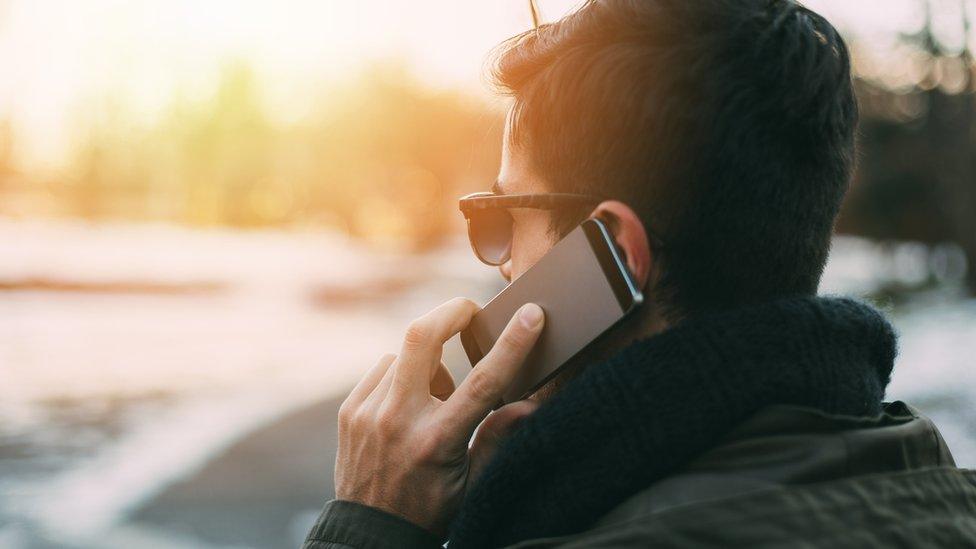
- Published10 April 2017
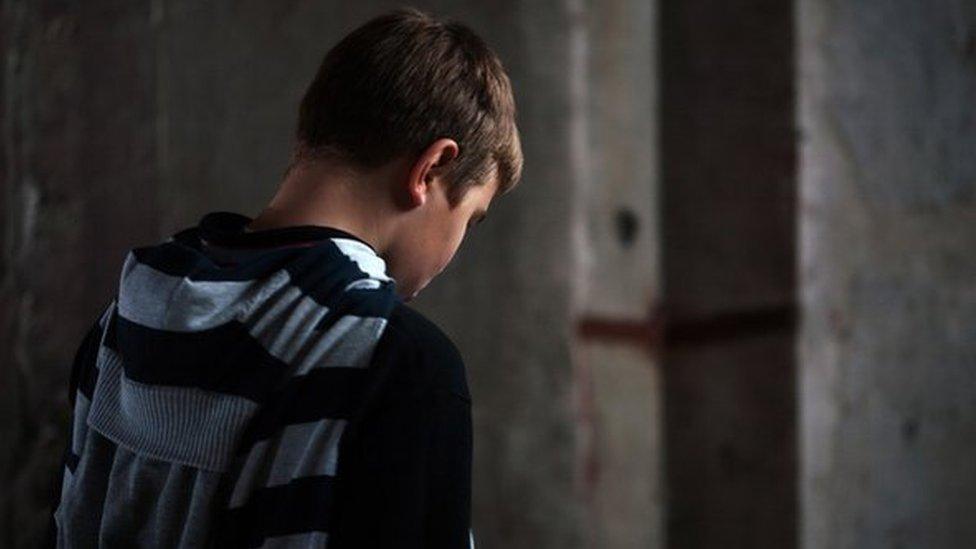
- Published21 December 2016
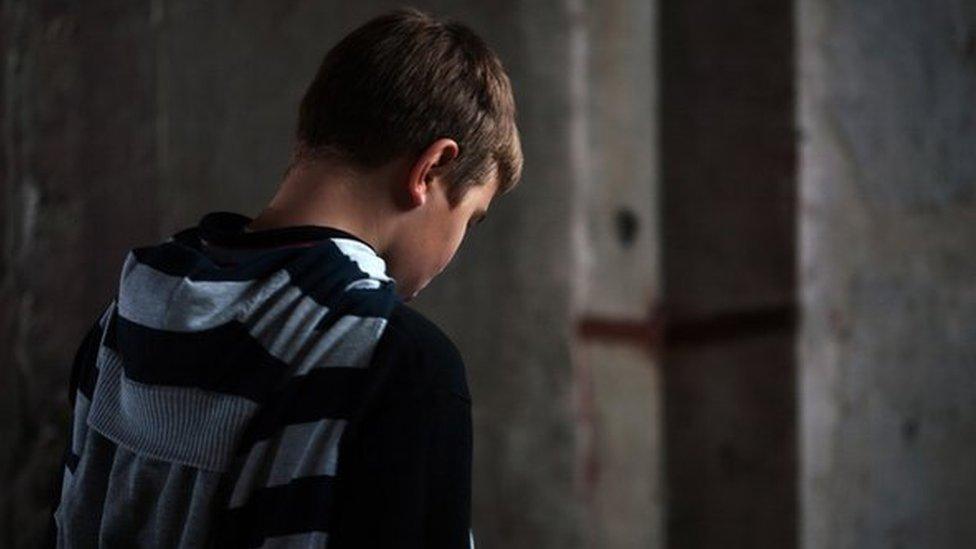
- Published14 November 2016
